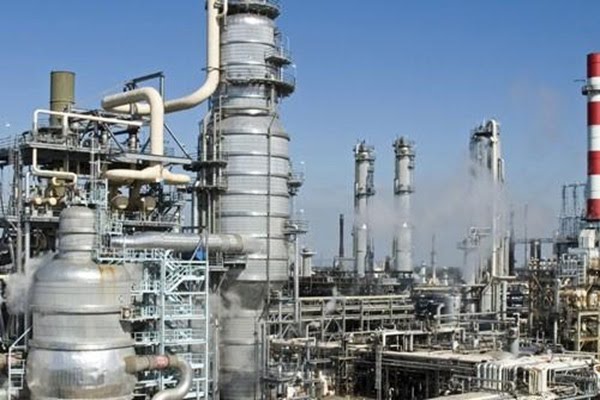Abia State has achieved a significant milestone in crude oil production, increasing output from 10,000 to an impressive 32,000 barrels per day within just six months. This remarkable development has been attributed to enhanced security measures spearheaded by Okposon Security Services, a local firm committed to safeguarding pipelines and oil installations.
The company’s strategic involvement has not only curbed widespread oil theft and vandalism but has also set a precedent for community-driven resource protection in the Niger Delta. David Nwogu, the Executive Director of Okposon Security Services, highlighted the critical role of collaboration with local communities and law enforcement in driving this transformation.
“Our mission has always been about protecting critical infrastructure and involving the people closest to the resources. With 300 local youths employed in our operations, we have fostered community cooperation, reduced unemployment, and ensured that these pipelines are no longer vulnerable to sabotage,” Nwogu explained.
The efforts by Okposon Security Services mark a decisive step forward for Abia State, which has long battled challenges of oil theft, environmental degradation, and reduced crude output. Nwogu credited the Federal Government for supporting indigenous companies in addressing these challenges and providing platforms for their growth.
He also stressed the importance of sustainable practices, urging communities to stand firm against illegal activities like oil theft and bunkering. “While production numbers are rising, it’s crucial that we collectively guard our resources.
Rejecting theft and illegal bunkering is essential to sustaining this progress and protecting the environment for generations to come,” he stated.
This increase in crude oil output comes as a welcome relief to a sector burdened by theft-related losses in the Niger Delta, which has significantly impacted Nigeria’s revenue.
According to recent industry reports, oil theft has cost the country billions of dollars annually, with far-reaching consequences on infrastructure, the economy, and local livelihoods.
However, the partnership model pioneered by Okposon Security Services demonstrates the potential of grassroots involvement in resolving these issues.
Community leaders in the oil-producing regions of Abia have lauded the initiative, describing it as a blueprint for fostering peace and development in an area often marred by tension. “By employing our youths and engaging us in the process, Okposon has given us a sense of responsibility for the resources we live around. It’s the type of approach we’ve long needed,” remarked Chibuzo Akpan, a leader in one of the host communities.
This collaboration reflects a shift in how critical oil-producing infrastructure is protected. Rather than relying solely on conventional security agencies, local firms are increasingly gaining recognition for their capacity to mobilize grassroots support.
Experts believe this not only increases the efficiency of monitoring efforts but also minimizes resistance from communities, as those protecting the assets are drawn from the very regions they aim to secure.
While the spike in crude production is a major victory for Abia State, industry observers point out that it underscores the need for more localized and inclusive policies. They advocate for broader partnerships between indigenous firms and government agencies to replicate this model across other oil-producing states.
As Nigeria continues to struggle with revenue shortfalls from its oil sector, Abia’s success offers a glimmer of hope for the nation’s future. The integration of local youths in securing the region’s most valuable resources highlights the importance of addressing underlying social issues like unemployment to foster progress.
“This is more than just an increase in numbers; it’s a reminder that community involvement can unlock unprecedented opportunities,” Nwogu added, calling on stakeholders to prioritize security and sustainability in their approach to resource management.




